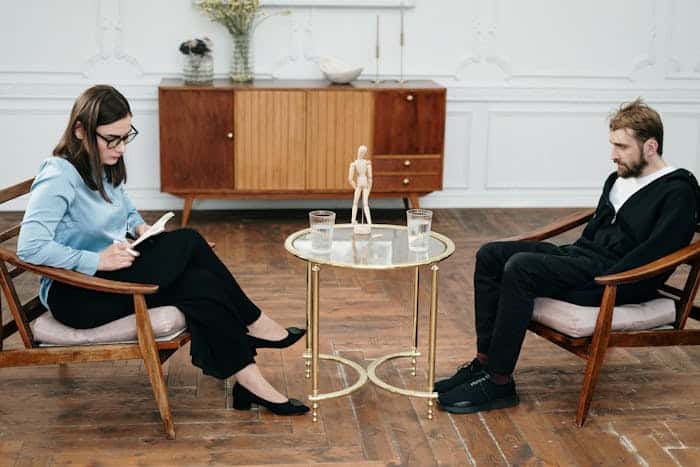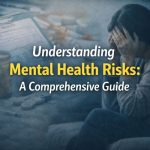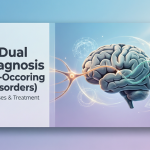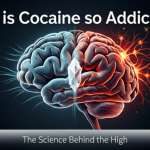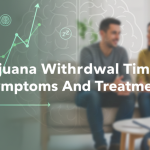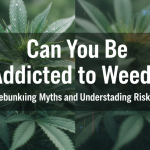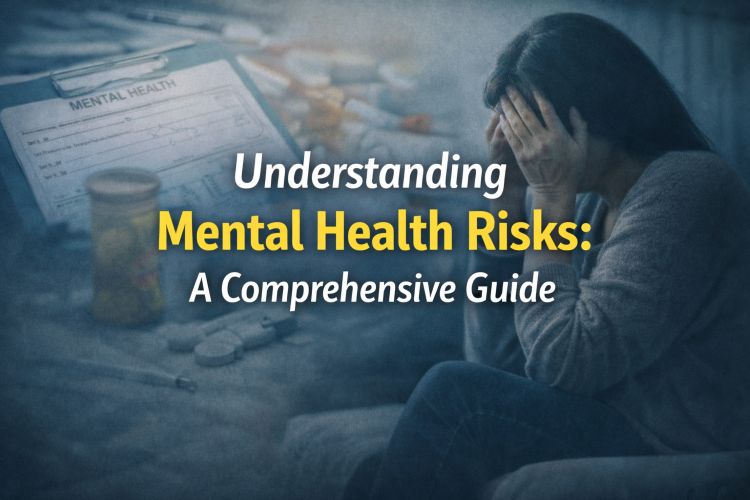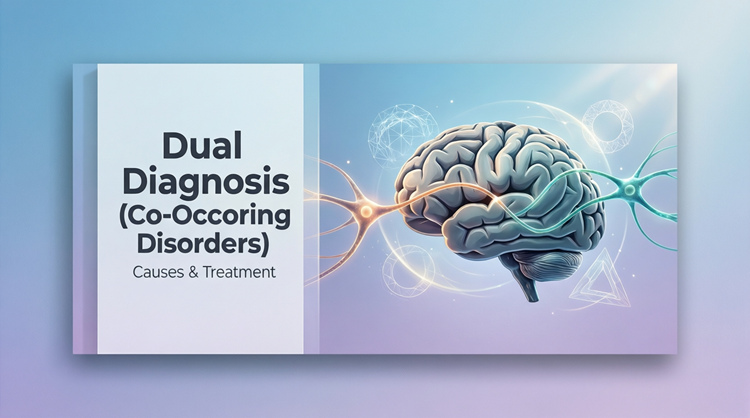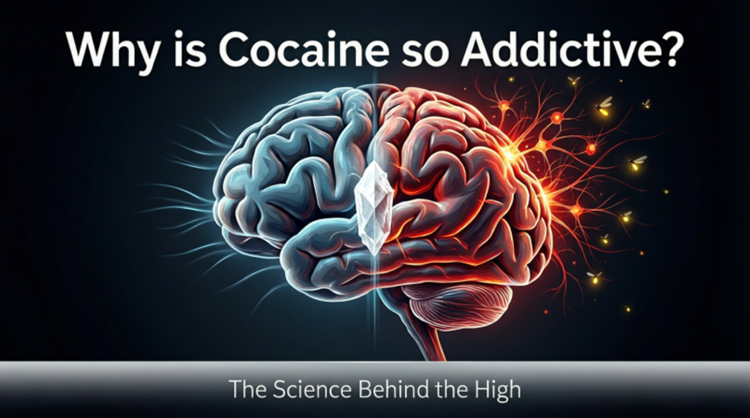ADHD stands as a condition that frequently emerges during classroom interactions and therapy sessions and parent-related discussions even though many people still fail to grasp its meaning properly. People frequently ask whether ADHD stands as a psychological health disorder. Yes is the short response yet exploring ADHD requires investigations into what it is and how it affects individuals of different ages with available therapies.
This blog discusses the mental health disorder status of ADHD while refuting myths about the condition and it explores standard and alternative treatment methods, particularly for adults whose ADHD symptoms frequently get overlooked or mistreated.
Understanding ADHD: What it is
The neurodevelopmental condition ADHD (Attention-Deficit/Hyperactivity Disorder) disrupts brain operations that control attention, together with impulsive actions and hyperactive behavior. Adults sometimes struggle with ADHD even after being diagnosed with the disorder and the condition creates problems in their everyday activities and work, together with their relationships.
Core Symptoms of ADHD:
- The key symptom of ADHD is having problems both maintaining focus and completing instructions and organizing daily tasks.
- The second core symptom involves excessive bodily movement, together with inappropriate fidgeting and frequent unwanted conversation.
- People with this condition tend to act on impulse and disrupt others by interrupting, as well as experience problems delaying satisfaction.
A diagnosis of ADHD requires these symptoms to persist for at least six months and generate substantial disabilities that interfere with social activities as well as academic and occupational responsibilities.
Mental Health Disorder
Medical experts identify ADHD as a condition that falls within mental health disorders. The diagnostic manual produced by the American Psychiatric Association includes ADHD as a mental health disorder through its publication of the DSM-5. Neurodevelopmental disorders include ADHD according to medical classification, because it interferes with brain growth and its operational capacities.
Mental health disorders include all types of conditions beyond mood problems such as depression or anxiety and they also involve conditions that affect attention, along with executive functioning abilities, like ADHD.
100% Confidential Support is Available 24/7
No matter what you’re going through, you’re not alone. Our dedicated team is here to provide a safe, judgment-free space where you can talk openly and honestly. Whether you need emotional support, resources, or just someone to listen.
We’re here for you—completely confidential and always respectful of your privacy. Call us today!
ADHD and Co-Occurring Disorders
In most cases, ADHD appears without other conditions. A high number of ADHD patients develop additional mental health issues which include:
- Anxiety disorders
- Depression
- Bipolar disorder
- Learning disabilities
- Substance use disorders
Working together with a comprehensive care provider becomes essential for managing ADHD because these co-occurring conditions create difficulty in diagnosing and treating both ADHD and its related disorders.
Deland Treatment Solutions
Battling with Drug and Alcohol Addition? Remember, you are not alone and we are here to help you!
ADHD in Adults
A widespread false belief considers ADHD as a problem which only affects children. Adult ADHD exists frequently as a medical condition which medical professionals tend to miss during diagnosis. Although adult ADHD symptoms differ from those exhibited by children, the condition causes problems with planning tasks and delaying actions along with performance-related difficulties and relationship maintenance issues.
Signs of ADHD in Adults:
- Chronic disorganization
- Frequent job changes
- Difficulty maintaining long-term relationships
- Impulsivity with money or decision-making
- Emotional outbursts or mood swings
The detection of Attention Deficit Hyperactivity Disorder can transform the entire life trajectory of most adults. Adult ADHD diagnosis helps people understand their years of difficulties, which allows them to explore treatment options that enhance their lifestyle quality.

ADHD Treatment: Options That Work
Effective ADHD treatment usually includes a combination of medication, behavioral therapy, lifestyle changes, and support systems. Every individual is different, so a personalized treatment plan is essential.
1. Medication for ADHD
The main approach to treating ADHD starts with medication since these treatments deliver successful results. The majority of ADHD prescriptions feature stimulants known as Adderall, Ritalin and Vyvanse. The brain chemical levels of dopamine and norepinephrine increase as a result of these medications, thereby enhancing focus and impulse regulation.
America offers the non-stimulant drug Strattera as an alternative to those who cannot use stimulant medication.
2. Behavioral Therapy and Counseling
Treatment and therapy for ADHD regularly includes cognitive-behavioral therapy (CBT) so patients can develop coping strategies and contrive new ways to think while building their problem-solving abilities.
Behavioral therapy works alongside other treatments to control separate psychological conditions that exist with ADHD.
3. Coaching and Skills Training
The core functions of ADHD coaching work to teach essential life skills which include duration management alongside goal creation and important task arrangement and system organization strategies. The treatment of adult ADHD experiences special advantage from these strategies because executive functioning weaknesses can damage professional lives and personal bonds.
4. Holistic Treatment for ADHD
Numerous ADHD patients discover solace through alternative ADHD treatments since these methods account for the body-mind relationship. Holistic approaches may include:
- Mindfulness and meditation: Improves attention and emotional regulation.
- The consumption of processed foods and sugars needs reduction but eating omega-3 rich foods should increase in the daily diet.
- Frequent physical activity establishes proof as an effective method to decrease ADHD symptoms.
- Participating in yoga and practicing relaxation techniques helps people focus while reducing their impulsive behavior.
Integrative treatments help ADHD patients alongside traditional healthcare practices yet they do not replace essential medications or psychiatric sessions except for long-term measurable lifestyle adaptations.
Treatments for ADHD: What’s Right for You?
Many factors determine the selection of ADHD treatment options, ranging from patient age to symptom intensity and additional health conditions together with individual patient preferences. DeLand Treatment Solutions uses individualized planning to create solutions which serve the specific needs and objectives of each client.
You require professional support to make informed decisions about ADHD treatment in adults while addressing both therapy options and holistic approaches for the achievement of lasting progress.
Why Early Diagnosis and Treatment Matter
People with undiagnosed and untreated ADHD are at risk for various complications which include failures in school and work along with poor self-image, drug abuse and strained personal interactions. Proper detection of ADHD during childhood creates favorable conditions for a person’s success trajectory. The correct attention and care for adults helps them gain mastery over their lives for the first time.
The process of recognizing and treating ADHD starts early in the treatment path to produce the best outcomes.
You are Not Alone
The experience of people with ADHD includes feelings of misinterpretation, receiving incorrect tags and lack of acceptance. You are one of many individuals or family members who experience inattention along with impulsivity or hyperactivity symptoms yet there are accessible treatments available.
Our organization at DeLand Treatment Solutions delivers complete mental health services including ADHD treatment supported by therapy targeted at all patient ages. Our staff at DeLand Treatment Solutions holds expertise in traditional and holistic ADHD treatment methods that deliver superior therapeutic care within an encouraging setting.
Contact us Today to Get Help for ADHD
People who want solutions regarding adults evaluating ADHD as their explanation of prolonged difficulties must not delay obtaining support. Call DeLand Treatment Solutions at (386) 866-8689. Take the first step to a better future with our help or with the help of your dear one.
The question remains whether ADHD represents a mental health disorder. The condition remains manageable when someone gets proper support for it. People who have ADHD can access many effective strategies that range from medication along with therapy to alternative treatments. Someone with ADHD can succeed academically and professionally when medical professionals provide the correct identification and an individualized care plan.

